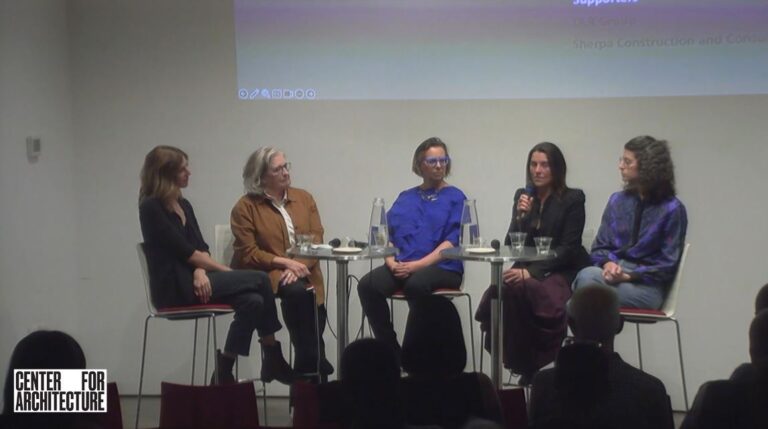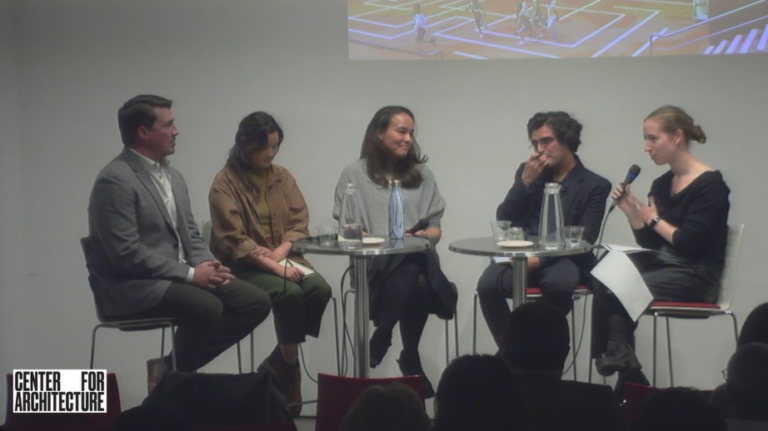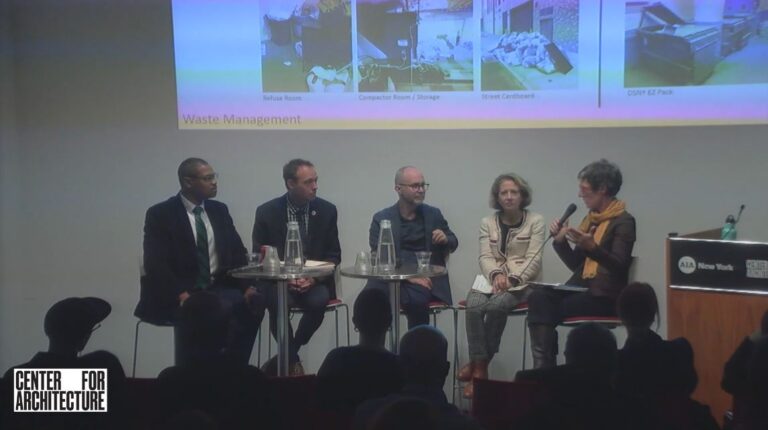Urban mobility has always been mediated by layers of technologies, services, and organizations, but today’s accelerated transitions to digital platforms heighten the urgency for critical perspectives on the practical effects of new mobility technologies. As signs, maps, information, and transactions shift to new platforms urbanites are increasingly offered expanded options for access to mobility, sometimes at a cost to autonomy and privacy. This program will probe below the surface of the new urban interface to examine ways that spatial agency is enabled—or not—by some of the systems and tools designed for negotiating and navigating the built environment.
Ben Green, PhD Candidate, Applied Math, Harvard School of Engineering and Applied Sciences
Author, The Smart Enough City: Putting Technology in Its Place to Reclaim Our Urban Future
Shannon Mattern, Professor of Anthropology, The New School for Social Research
Author, Code and Clay, Data and Dirt: Five Thousand Years of Urban Media,
Columnist, Places.org, the journal of contemporary architecture, landscape, and urbanism.
Juan Francisco Saldarriaga, Sr. Data and Design Researcher, Brown Institute for Media Innovation, Columbia University
Past Research Scholar, Center for Spatial Research
Author, Access to Taxicabs for Unbanked Households: An Exploratory Analysis in New York City
Sarah Williams, Professor of Technology and Urban Planning, MIT
Director, Civic Data Design Lab, MIT School of Architecture and Planning
Team leader, Digital Matatus, the first informal transit system data set to be made searchable in Google Maps



